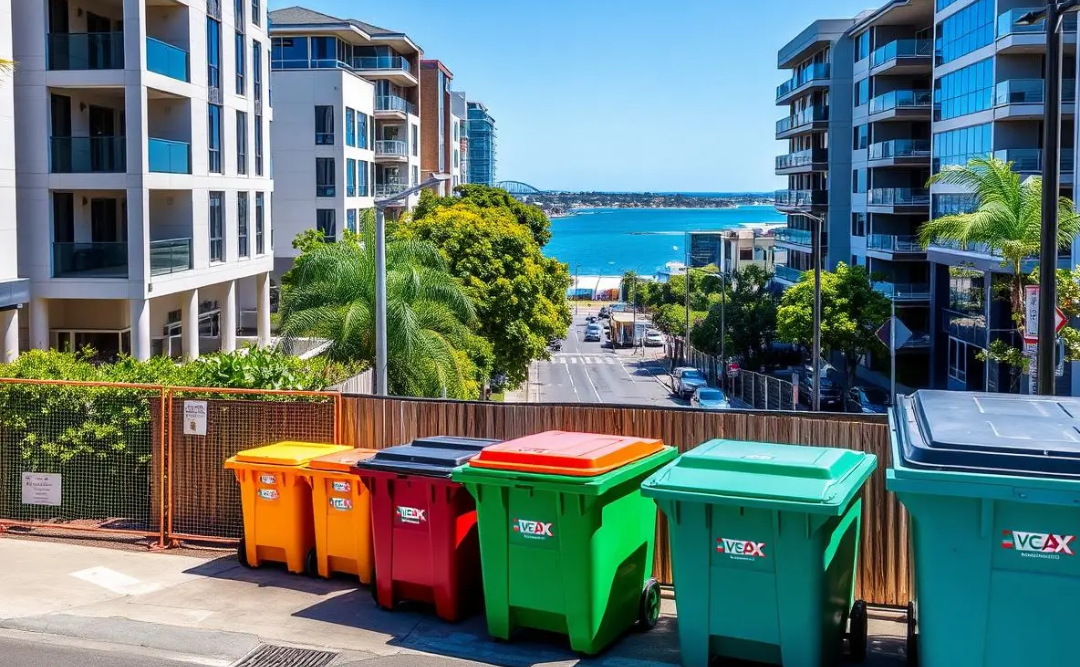Introduction: Why Bin Material Matters
Efficient waste management starts with choosing the right container. For facility managers in industries like manufacturing, logistics, or local government, one key question is: Should you invest in metal bins or plastic bins? This article provides a practical comparison based on durability, long-term cost, and usage context.
Metal bins, especially galvanized ones, are ideal for harsh environments (e.g., construction sites, industrial zones). Plastic bins perform well in lighter use, indoor, or residential settings.
While plastic bins are cheaper upfront, metal bins often win over time in rugged or high-volume environments due to their low failure rate and extended life.
Sustainability and Recycling Considerations
-
Metal Bins: 100% recyclable, and many manufacturers use recycled steel (Aresbins uses ~60% recycled raw material in production).
-
Plastic Bins: Often made from recycled HDPE but must meet EN840 or equivalent standards for reuse.
What Industry Suppliers Recommend (Aresbins Example)
Leading bin manufacturers like Aresbins in China provide both metal and plastic solutions, tailored for industrial and municipal use.
While their specialty lies in custom galvanized steel bins (e.g., skip bins, crane bins), they also advise clients when plastic bins are the better fit—especially for export clients balancing cost and durability.
For example:
“For a remote mining site in Western Australia, Aresbins supplied fully galvanized 6m³ hook lift bins, now in service for over 7 years with no coating failures.”
This kind of hybrid expertise ensures that buyers can choose the right material based on real-world performance, not just price tags.
Choose Based on Application, Not Just Budget
There’s no one-size-fits-all answer.
-
If you’re managing heavy-duty, outdoor, or long-term waste systems, metal bins are worth the investment.
-
For urban, indoor, or budget-limited settings, plastic bins offer solid value.




Recent Comments